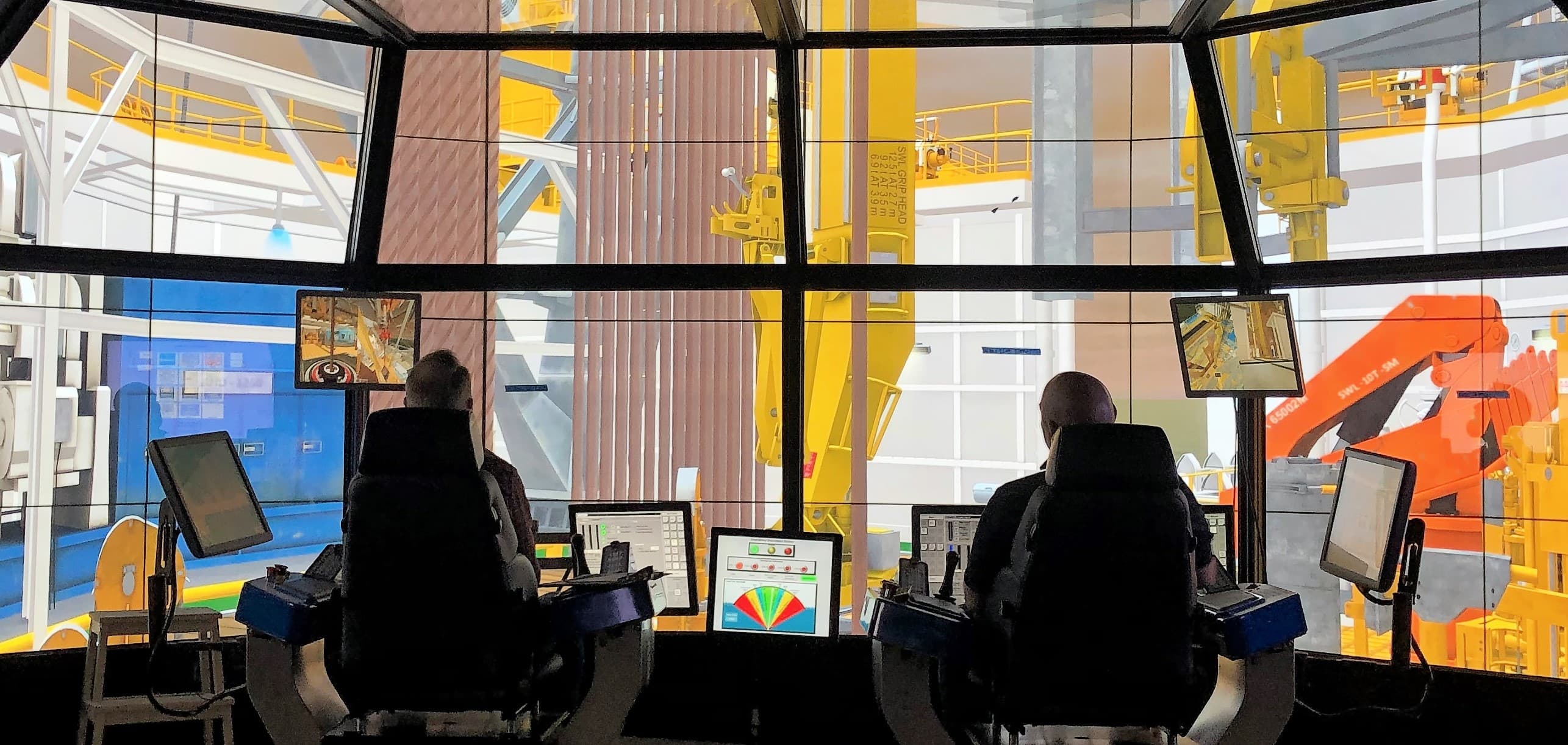
Advanced Well Control in a Digital Age: Future-Proofing Training
In the dynamic and high-stakes world of oil and gas, well control is paramount. As the industry evolves, so too must our approaches to training and preparedness. The digital age offers unprecedented opportunities to enhance well control training, ensuring that professionals are equipped with the skills and knowledge needed to handle complex scenarios effectively. This article explores how advanced technologies are revolutionizing well control training and how we can future-proof these programs to meet the demands of tomorrow.
Embracing Digital Transformation
The integration of digital technologies into well control training is transforming the way we prepare for and manage well control incidents. Advanced simulators and virtual reality (VR) environments provide immersive, realistic training experiences that replicate the pressures and challenges of real-world situations. These tools allow trainees to practice and refine their skills in a safe, controlled setting, enhancing their ability to respond effectively in actual well control events.
Digital platforms also enable continuous learning and accessibility. With 24/7 access to training modules, professionals can engage with the material at their own pace, reinforcing their knowledge through repeated practice and assessment. This flexibility is crucial in an industry where operational demands can vary widely.
Leveraging Automation and AI
Automation and artificial intelligence (AI) are playing an increasingly significant role in well control operations. AI-driven analytics and automated control systems enhance the precision and efficiency of well control processes, reducing the risk of human error and improving overall safety. By incorporating these technologies into training programs, we can ensure that professionals are proficient in using the latest tools and techniques.
For example, AI can be used to analyze data from well control incidents, identifying patterns and providing insights that can inform training and operational strategies. Automated systems can simulate various well control scenarios, allowing trainees to experience and respond to a wide range of potential challenges.
Continuous Learning and Adaptation
The oil and gas industry is constantly evolving, and well control training must keep pace with these changes. Continuous learning is essential to ensure that professionals remain up-to-date with the latest industry standards and technological advancements. Training programs should be regularly updated to reflect new developments and incorporate feedback from trainees and industry experts.
Microlearning and mobile learning (M-learning) are emerging as effective strategies for continuous education. These approaches break down complex topics into manageable, bite-sized modules that can be accessed on-demand, making it easier for professionals to integrate learning into their busy schedules. Personalized learning experiences, tailored to the specific needs and learning styles of each trainee, can further enhance engagement and retention.
Future-Proofing Through Innovation
Looking ahead, the future of well control training lies in the seamless integration of advanced technologies and innovative methodologies. Virtual reality (VR) and augmented reality (AR) have the potential to create even more immersive and interactive training experiences, providing trainees with a deeper understanding of well control principles and practices.
Additionally, the development of digital twins—virtual replicas of physical well control systems—can offer valuable insights into system behavior and performance. By simulating various scenarios and analyzing the outcomes, we can identify potential risks and develop strategies to mitigate them.
Shaping the Future of Well Control Training
As we navigate the digital age, it is essential to embrace the opportunities presented by advanced technologies to enhance well control training. By leveraging digital tools, automation, and AI, we can create more effective and flexible training programs that prepare professionals for the complexities of modern well control operations. Continuous learning and innovation are key to future-proofing these programs, ensuring that we remain at the forefront of industry standards and best practices.
At the heart of this transformation is a commitment to safety and excellence. By investing in advanced well control training, we can equip our professionals with the skills and knowledge they need to manage well control incidents effectively, protecting both people and the environment. Together, we can drive the industry forward and shape the future of well control training.